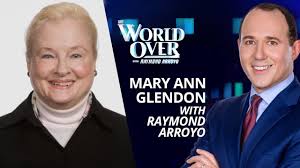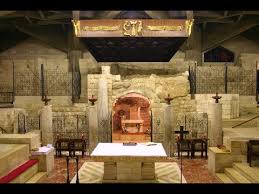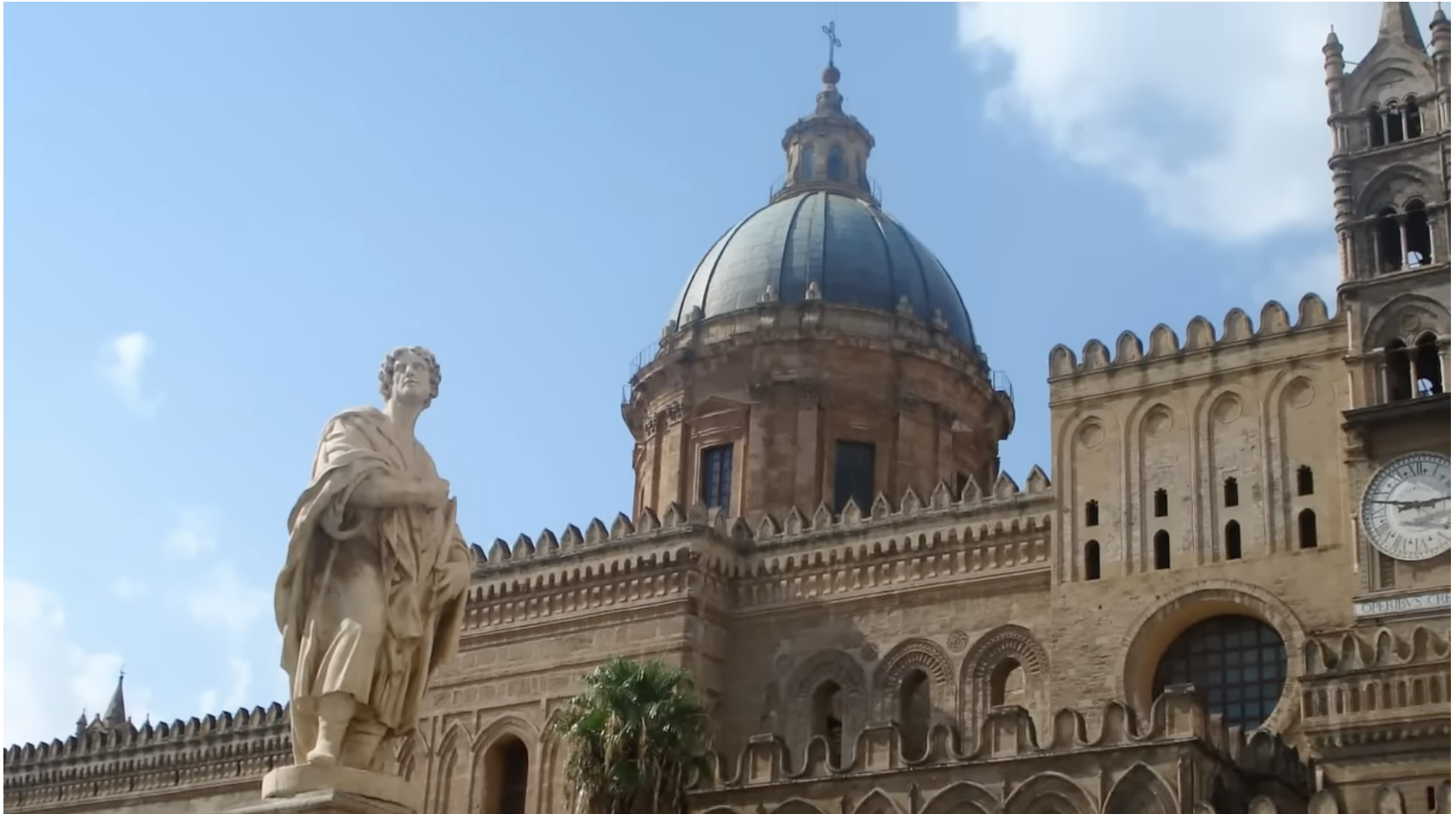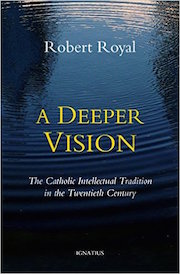Reading is one of the great joys of life. By “reading” I mean books. Printed type on a physical page has stability. It’s tactile. In contrast, reading too long on a computer has the same effect as sitting too long in a pink room: First it fatigues, then it agitates, because the electrons on a computer screen allow the eye no rest. But alas, print has its own awkward problems. Book lovers (like me) very easily become book hoarders, creatures who buy lots of good books they intend to read but never do, or – even more sacrilegiously – do read them, and then never tell anyone else about them. I’m looking at a yard-high stack of those right now.
So consider the three excellent books I note below as the beginning of my pre-Lenten penance for not praising them soon enough.
First, we need to talk about aliens. The non-human kind. If a gifted writer like Mary Harrington can do it, then the subject is open for discussion. In fact, I’ve dealt with it previously here in this space. Once upon a time, it was easy to dismiss UFOs – excuse me, “unidentified anomalous phenomena” (UAPs) – as swamp gas or errant weather balloons. It’s a little harder to do that when veteran U.S. fighter pilots track, pursue, and visually record them.
Which can seem to raise troubling theological issues about the unique truth of Christian faith and the salvific role of Jesus Christ. But as Paul Thigpen persuasively shows, that need not be so. His text Extraterrestrial Intelligence and the Catholic Faith is a superbly researched tour of Christian and related thought on the subject through the centuries. It’s a provocative book in the best sense, and well worth reading.
St. John Paul II, for example, said, “Always remember: They [aliens] are children of God as we are.” St. Padre Pio suggested that “The Lord certainly did not limit his glory to this small earth. On other planets other beings exist who did not sin and fall as we did.” And the 15th-century reforming cardinal, Nicholas of Cusa, seen by many as a founder of Western philosophy, argued that “Rather than think that so many of the stars and parts of the heaven are uninhabited and that this earth of ours alone is peopled. . . we will suppose that in every region there are inhabitants. . .all owing their origin to God.”
Whether intelligent life exists on other planets is secondary, of course, to whether we have it right here at home. If the civilization we call the West seems to be in crisis at the moment – crippled by internal conflict, irrational politics, moral malaise, and pervasive anxiety – that’s because it is. In his book Lost in the Chaos, R.J. Snell tracks in precise scholarly detail how and why we landed in the frying pan where we now sit.
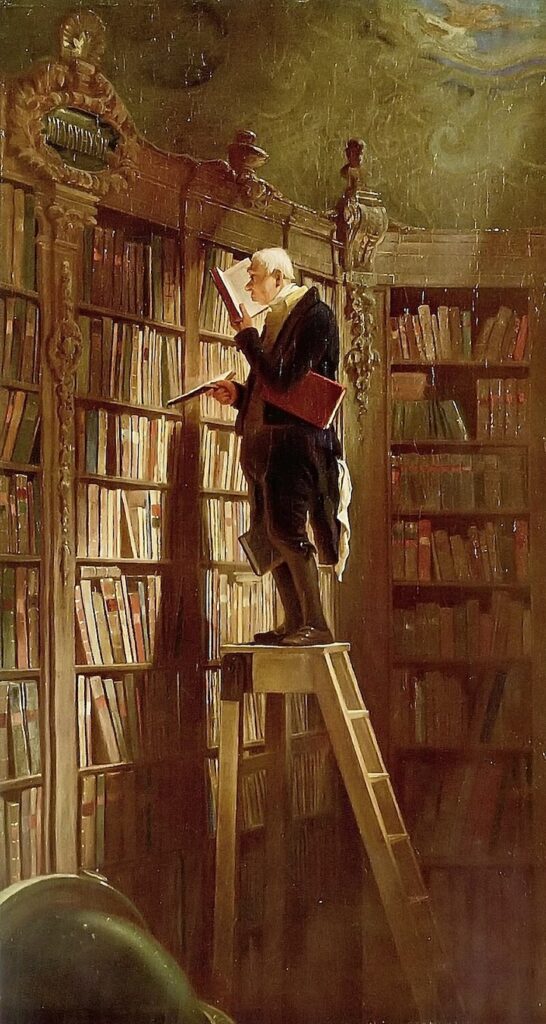
As Snell notes, today we live in a disenchanted world, a world deprived of transcendent meaning in the name of “reason,” even as reason itself is now under assault by the scientism (as opposed to true science) it helped create. As a result:
It’s not that moderns are necessarily secular in the sense of not believing in God or not practicing a religion, but the context in which people believe is secular. Everyone knows there are other options, everyone knows there are competing accounts [that are] not viewed as abnormal in the current milieu. It was perhaps. . .difficult to be an atheist in thirteenth-century Paris, while it is exceptionally easy in the City of Lights of the twenty-first. Belief persists. But it is not an obvious, self-evident starting point. Faith is optional, needing to defend itself as a live option in ways quite different from previous moments in the West.
Thus even many people who do believe, the author argues, are shaped in part by our materialist times. The result is a widespread inner emptiness; a spiritual infertility that easily morphs into despair.
The great appeal of Snell’s text, however, is not its analysis of what’s gone wrong with the modern world, but its argument for the power of Christian hope. Optimism is a mood; it passes. Hope is a virtue; a very different creature of tougher material that roots itself, against the odds, in the human heart, mind, and will. It thus has staying power. . .which is why it sustains the Christian Church century after difficult century, including this one. The author writes that, “In God’s love flooding our hearts through the Holy Spirit, we apprehend something outside the locked room” of the modern world’s despair. We see something vastly better and more beautiful.
Nothing could be truer; history and personal experience bear it out; and the author makes his case with impressive intellectual zeal.
Finally, these thoughts wouldn’t be complete without an enthusiastic endorsement of The Religion of the Day, the work of multiple anonymous contributors, published by the University of Mary, and with an excellent Introduction by Jonathan Reyes, senior vice president of the Knights of Columbus. It’s a worthy sequel to the enormously popular From Christendom to Apostolic Action; engagingly written, compelling in content, and concise in its argument. It has the power of a manifesto and the substance of a good encyclical.
And it correctly identifies the real religion of the modern age. In the words of the authors, “Our argument is that the religion that has been battling for the last few centuries to displace Christianity is a uniquely potent form of a heresy that has dogged the Church like a dark shadow from its beginnings: the heresy of Gnosticism.”
Exactly so.
“Must read” is a badly overused expression for the writers of book reviews. So many new titles crowd the eye each year. But these three books really do warrant attention. They’re worth reading and sharing. Because each, in its own particular and satisfying way, matters.


